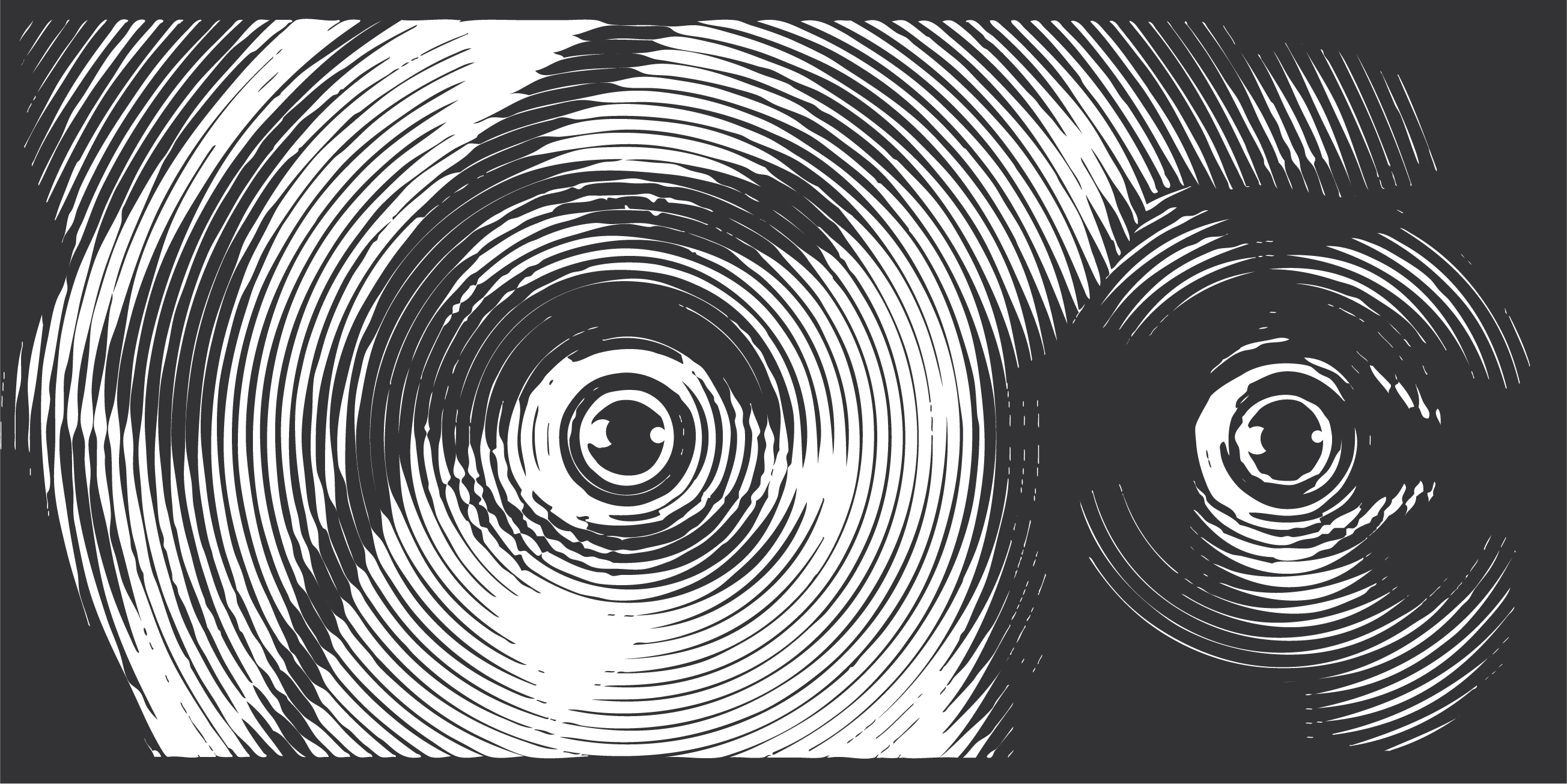By Adrienne L. Meiring, Counsel & Luba Gore, Staff Attorney · Indiana Commission on Judicial Qualifications
For the ethically minded criminal court judge, few pleadings cause more angst than the motion for a change of judge due to bias. Understandably, it can be difficult not to take an allegation of bias as a personal attack or to refrain from a defensive response. But just take a breath and let the rules be your guide. Two rules apply in this situation: Criminal Rule of Procedure 12(B) and Code of Judicial Conduct Rule 2.11. A simple three-step process should be used to evaluate a motion under Crim. R. 12(B).

Step 1: Determine whether the moving party followed the proper procedure:
Was the motion timely made?
A motion for change of judge in a criminal case “shall be filed within thirty (30) days of the initial hearing.” Crim. R. 12(D)(1). If a case is remanded for a new trial, then the defendant has thirty (30) days after the defendant’s first appearance in court after the remand.
The exception to the thirty-day rule is if the applicant newly discovered information supporting the motion. In such circumstances, the moving party must file a verified motion specifying:
- when the information was first discovered
- how it was discovered
- the facts showing the reason for a change of judge, and
- why the information could not be discovered before by the exercise of due diligence
Was an affidavit filed?
The moving party must file an affidavit that states the facts and reasons for the belief that the judge has a bias or prejudice.
Was a certificate from the attorney of record included?
The moving party must include a certificate from the party’s attorney stating that the attorney, in good faith, believes the historical facts recited in the affidavit are true.
If any of the above procedural steps are not met, proceed directly to Step 3; otherwise, proceed to Step 2.
Step 2: Evaluate the affidavit:
Crim. R. 12(B) requires that a judge examine the facts cited in the affidavit to determine whether those asserted facts support a rational inference of bias or prejudice. It is important to remember that the analysis is not a subjective evaluation of whether you, as the judge, believe you can be fair; rather, you must evaluate whether an objective person, who has treated the facts as true, would have a reasonable basis to doubt your impartiality. McKinney v. State, 873 N.E.2d 630 (Ind. Ct. App. 2007).
If you determine that an objective review of the asserted facts would support a reasonable basis to doubt your impartiality, then you should grant the motion for change of judge.
If you decide an objective review of the asserted facts would not support a reasonable basis to doubt your impartiality, proceed to Step 3.
Step 3: Independent analysis under Rule 2.11 of the Code of Judicial Conduct:
Even if a moving party’s motion and affidavit are procedurally defective or factually deficient (asserting only conclusions or citing minimal facts), you should do an analysis under Rule 2.11. Although parties cannot effect a change of judge through Rule 2.11, a judge is still required to be mindful of actual and potential conflicts and to independently disqualify in any proceeding in which the “judge’s impartiality might reasonably be questioned.” Jud. Cond. R. 2.11(A); see Mathews v. State, 64 N.E.3d 1250, 1254-55 (Ind. Ct. App. 2016).
The appropriate test to determine whether a judge should disqualify under Rule 2.11 is whether a reasonable person, knowledgeable of all the circumstances, would have cause to question the judge’s impartiality. Abney v. State, 79 N.E.3d 942, 951 (Ind. Ct. App. 2017).
If you decide that a reasonable person, knowledgeable of all the circumstances, would have cause to question your impartiality, you should disqualify under Rule 2.11.
By following this process, a criminal court judge can alleviate the stress associated with receiving a motion to disqualify and feel confident in their final order. Several last reminders when ruling on these motions:
- Crim. R. 12(B) requires that the movant assert actual bias.
- The law presumes that a judge is unbiased, so the situations that warrant recusal due to bias are extraordinary (such as when a judge makes personal, individual attacks about a party or the party’s attorney or expresses an opinion on the guilt or innocence of a defendant. See S.E. v. State, 929 N.E.2d 1291 (Ind. 2010)).
- When issuing a ruling, you should limit commentary to only the necessary explanation of how a movant has or has not met the requirements in Crim. R. 12(B). While it is understandable that you may want to explain a lack of bias, this explanation is unnecessary and may leave a movant wondering whether you are defensive towards the party for making the motion.

Questions? Contact the author at [email protected] or 317-233-0257.
Note: In July 2021, the Office of Judicial Administration published proposed changes to the Indiana Rules of Criminal Procedure that would reorganize them extensively. If the Supreme Court adopts a version of the proposal, Criminal Rule 12(B) would be numbered differently.